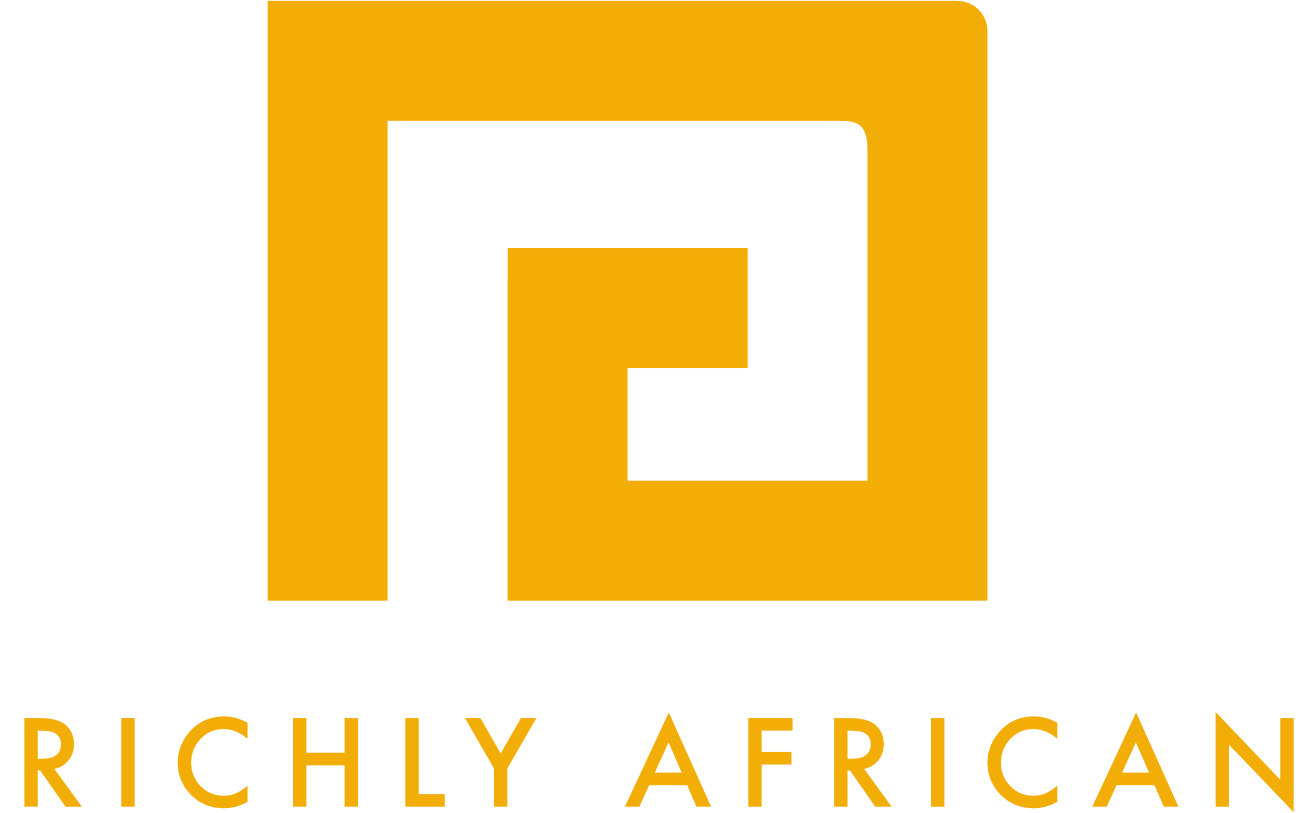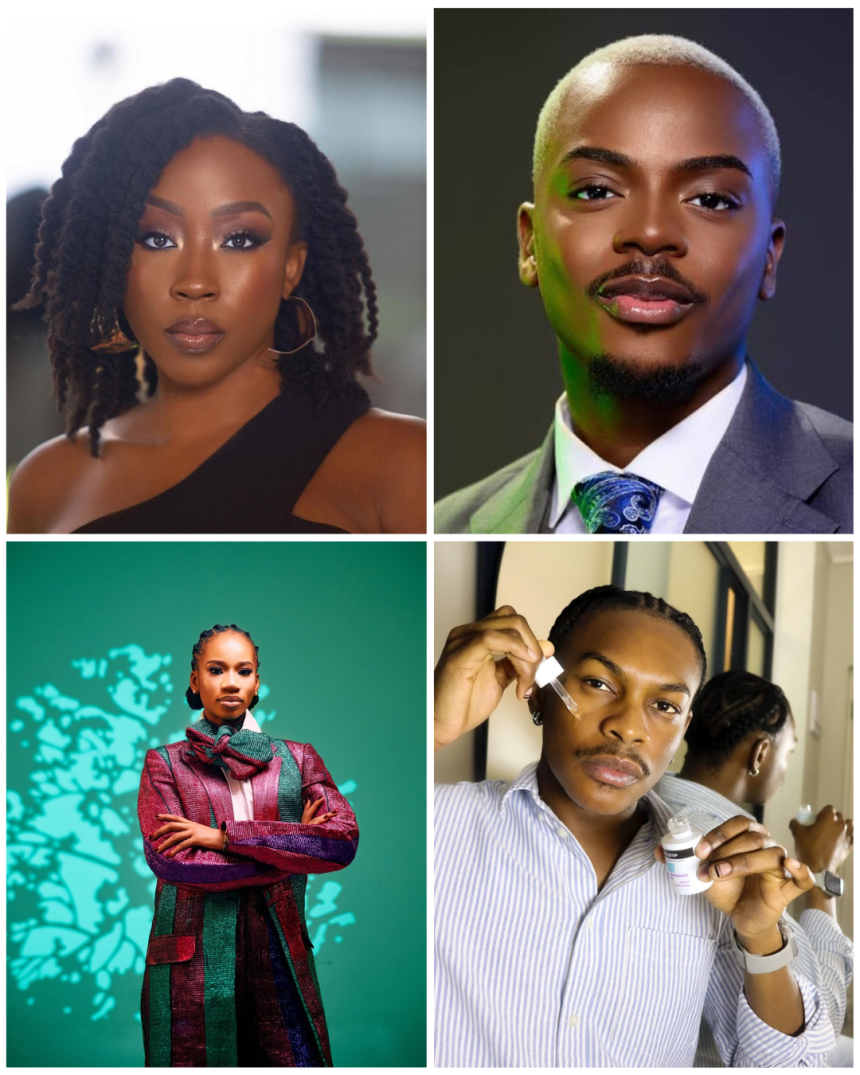Content
- Introduction
- Why do we look the way we do?
- The beauty of being African
African hair takes many forms. Each one is as beautiful as the next. It varies in colour, length, texture, kink, and curl, combining in endless ways that make each person’s crown unique.
The same goes for our skin. They are in different tones, shades, textures, freckles, and all of them add to the richness of our beauty. On this continent, our hair and skin are beautiful, and they make up integral parts of our identity.
Our skin is rich in melanin, and our hair, as Chimamanda said in an interview, “grows up, not down.”
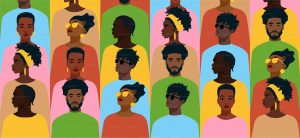
But for many of us, growing up meant not seeing ourselves properly reflected in the media. Disney princesses had fair skin and flowing hair. The dolls we played with, had blonde hair and skin that didn’t look like ours. Representation was scarce, and so we grew up in a world that quietly suggested that our beauty was different or less than.
That absence followed us into adulthood as wigs became the professional uniform, because our hair was called “unruly” or “unpresentable”.
Why do we look the way we do?
The first step to self-love is understanding. To love our hair and skin, we must first recognise why they matter.
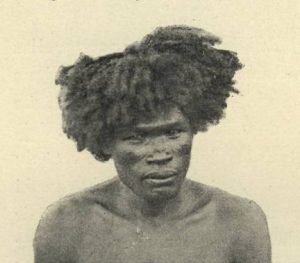
Our hair, for instance is a biological adaptation to the heat and sun of Africa. The coils and curls slow down sweat evaporation, creating a natural buffer that protects one of the body’s most heat-sensitive organs; the brain.
Our melanin-rich skin is no less remarkable. It shields us from harsh ultraviolet rays, preserving and protecting us in the climates our ancestors lived in.
So why do we despise the very features that helped us survive, and continue to help us thrive today?
The beauty of being African.
Beyond function, our features are intrinsically beautiful. From the ‘Teeny weeny afro” to full, voluminous crowns, from locs to braids, African hair expresses itself in endless forms. Our skin glows under the sun, comes alive when cared for, and holds its strength and elasticity over time. The saying “black don’t crack” is more than a compliment, but it is a true reflection of how beautifully our bodies are made.
And today, we are fortunate to have African creators who remind us of this and show us how to care for what we have.
Beverly Naya, a Nigerian creator shares hair and skincare tips from her experience maintaining them, she also models for popular self care brands, demonstrating diversity and the need for inclusive skincare products.
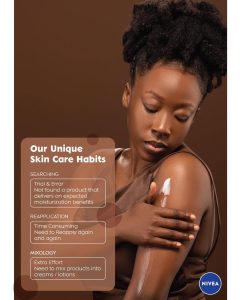
Thato Sentle, a South African Influencer, simplifies skin and haircare for African men all over the world, ensuring that no one is left behind, regardless of gender.
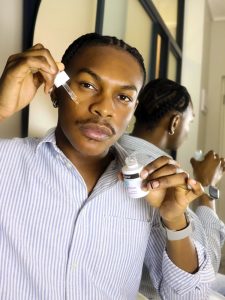
Uzodinma Esther, is also building a community, where she teaches skincare and self care, particularly for African women all over the world, dealing with PCOS, and other skin-sensitive conditions.
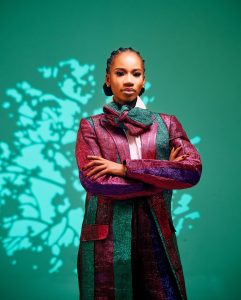
Enioluwa Adeoluwa, “the lipgloss boy” also shares skincare tips, sharing with us self care routines with popular brands like La Roche Posay.
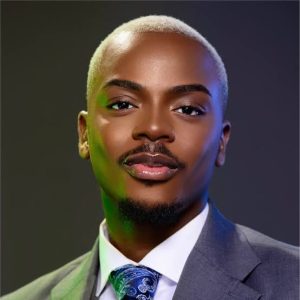
There is deep pride in being blessed with African heritage, and these voices are part of a movement teaching us that in every wash day, every twist, every braid, and every time we oil our skin, we honour the features that have carried us across centuries.
